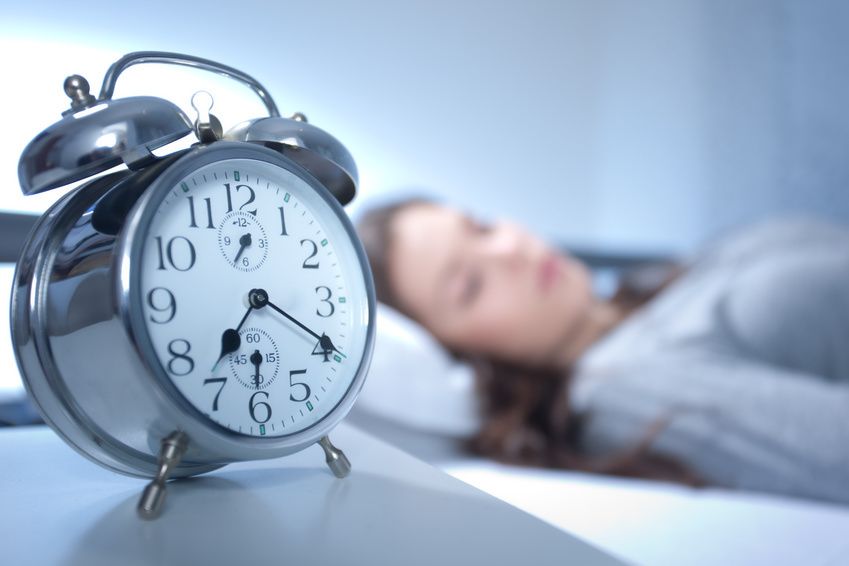Sleep Apnea Brain Damage Reversible
The damage that results from oxygen deprivation to the brain during sleep apnea can be reversed by using a continuous positive airway pressure therapy (CPAP) device, an Italian study found.

The damage that results from oxygen deprivation to the brain during sleep apnea can be reversed by using a continuous positive airway pressure therapy (CPAP) device, an Italian study found.
Reporting in the journal Sleep Vincenza Castronovo, PhD, of the Sleep Disorders Center at San Raffaele Hospital and Vita-Salute San Raffaele University in Milano, Italy, said an imaging study showed white matter damage caused by severe obstructive sleep apnea was almost completely reversed after a year of CPAP use.
The study involved 17 men with severe, untreated obstructive sleep apnea who had an average age of 43 years. They were evaluated at baseline and after both three months and 12 months of treatment with CPAP therapy. At each time point they underwent a neuropsychological evaluation and a diffusion tensor imaging examination. DTI is a form of magnetic resonance imaging that measures the flow of water through brain tissue. Participants were compared with 15 age-matched, healthy controls who were evaluated only at baseline.
Before treatment, participants’ MRI scans showed significant reduction in the integrity of their brain white matter in several areas.
That likely explained symptoms that included impaired cognition, daytime alertness, and mood changes. At three months of CPAP use, there was little sign of improvement, but at 12 months, things returned to normal, Castronovo and colleagues reported.
The American Academy of Sleep Medicine heralded the study as under-scoring the importance of diagnostic sleep studies, estimating that at least 25 million US adults suffer from sleep apnea.
The studies are also a revenue center for hospitals. An average night in a center costs about $2,000, usually picked up by insurers including Medicare.
Home sleep test devices are also available.